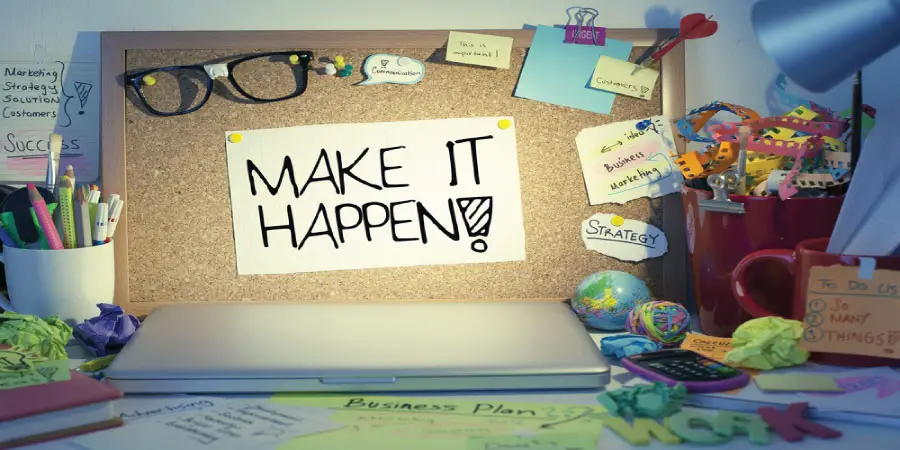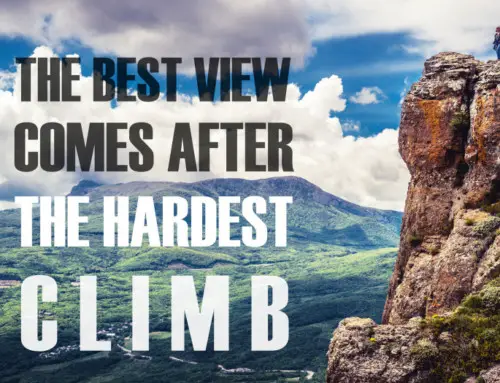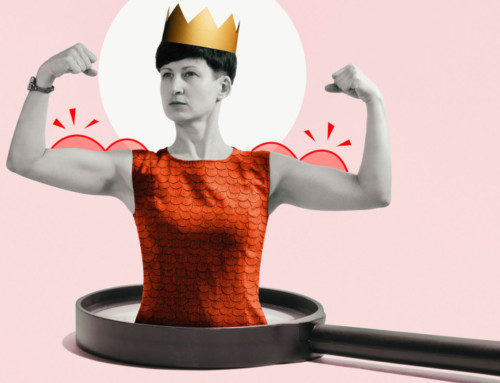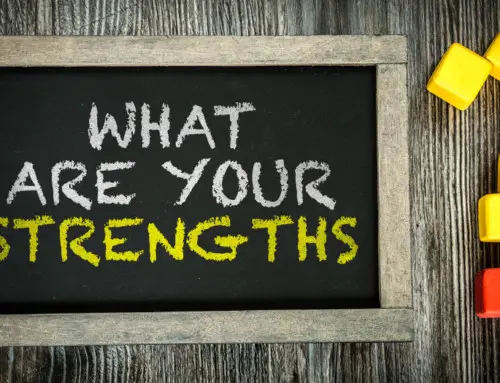Below is my strengths and weaknesses 3-Step Guide to finding your top 3 strengths and top 3 weaknesses. My strengths and weaknesses guide discusses how to answer the dreaded interview questions.
Let’s build the answers you need to land your dream job together below!
The $1 Million Dollar Answer
My strengths and weaknesses shined during a 3 step interview with a formal 50 question test where I crafted my best answer. The first interview was short and only a few questions. I was so nervous I couldn’t keep from stuttering.
By some miracle, I was asked to come back for a second interview which included a battering of questions on my strengths and weaknesses, past work experiences, and other behavioral interview questions. When the interview was winding down, the interviewer said there was one last step. A TEST!
This was the last thing I expected. I wasn’t prepared and this couldn’t be fair. Were they playing a trick on me?
There was one question in particular I was completely lost on. I thought I could make something up or leave it blank. If I gave an answer that made no sense, they might think I have no idea what I’m talking about.
I decided to leave an honest answer:
“This is a great question and I look forward to learning the answer at XYZ Company. I do not know the answer at this time, and I anticipate this will not be the first topic I’ll have the privilege of learning here. “
(Side note: Want flexibility at your new job? Check out The 4-Hour Workweek)
My Strengths and Weaknesses
The question I was answering was a technical question and was not based on my strengths and weaknesses. However, leaving this honest answer is one of the reasons I was offered the position. My first week on the job I was told my answer showed I was willing to admit when I needed to ask a question.
Asking a question is not admitting failure.
You are not expected to know everything. If asking questions is not one of your strengths, make it one.
I tried to highlight my strengths and weaknesses throughout the interview so I didn’t have to wait for them to ask. I am by far an expert on answering interview questions. I wrote this guide to help others craft their own $1 million answers.
I hope my strengths and weaknesses guide provides you with clarity and a sense of confidence for your next interview.
3-Step Answer System
Strengths
Step 1: Find and understand your top 3 strengths.
Step2: Craft job specific answers relating to your strengths.
Step 3: Describe how the company will benefit from your strengths.
Weaknesses
Step 1: Show you were aware of a weakness.
Step 2: Explain how you worked on improving the weaknesses and expand on the question.
Step 3: Relate your improvements to a way the company can benefit.
3 Strengths
Why 3 strengths? Exploring more than 1 or 2 strengths can open a door to possible skills you didn’t consider a strength. You may have overlooked certain personal characteristics that can be highlighted in an interview.
Look at specific achievements and accomplishments you have done. Let’s say you were able to organize a dorm wide fundraiser for your favorite charity. It went off without a hitch and was featured in your college’s newspaper.
I would say some of your top 3 strengths are leading and organizing group projects. You may have overlooked this event because it was not business related or career specific. I disagree!
Scenario 1:
Interviewer: “Explain a time when you lead a group.”
Response: “One thing I find very rewarding is giving back to the community. Last year I had the honor of leading my dorm in organizing a fundraiser for XYZ charity. I worked with a team of 8 to plan and host the event at our local community room. Delegating tasks and creating deadlines for all the moving parts played a big role in the success of the event. It was featured in our college’s newspaper and I think that experience will help me with meeting project deadlines here.”
Not only were her leadership and organizational strengths highlighted in the answer, she gave specific examples. These examples are transferable skills that the company she is interviewing for can benefit from. The last sentence explains this benefit and is a great way to end an answer.
Step 1: Identified leadership as a strength.
Step 2: Job requirements included team work and possible leading/organizing or teams.
Step 3: Gave concrete examples i.e. delegating and shared how the company can benefit through meeting deadlines.
Scenario 2:
Interviewing for an entry/level job that includes client interaction on a daily basis. Exceptional customer service skills are a must.
Interviewer: “Why should we hire you?”
Response: “I excel at listening to a customer’s needs and providing them with a solution to their problem. I have found customer’s are looking for validation they should be make a purchase just as much as the right product. In my previous job I used a 3 step approach to communicating with clients which led to a 25% increase in sales. I look forward to seeing what this process can do with the XYZ company’s product line.”
Step 1: Identified listening and communication as a strength.
Step 2: Job requirements included exceptional customer service skills.
Step 3: Gave concrete examples i.e. 3-step communication approach that increased sales by 25%. Shared enthusiasm for sharing this approach to benefit the company.
3 Weaknesses
Why 3 weaknesses? One weakness may not be appropriate to bring up for certain interview questions. Don’t mention your terrible at meeting deadlines when the job is project based and deadline intensive.
Choose your top 3 weaknesses you have made improvements on. Showcasing these improvements will help deflect the fact you are talking about a weakness.
Weaknesses are only a bad thing if you do nothing to improve them!
Start with past work experiences and difficulties you overcame. Most likely there is a weakness you had to work on. Build off this experience and craft a response that emphasized your improvements and what you hope to bring to the new company from these experiences.
Scenario:
Interviewer: “When working with a team what is one of your weaknesses?”
Response: “In the past I have found it difficult to voice my opinion when working with a group. However, I recently joined Toastmasters which has made a great impact on my team communication. In my previous position I implemented a new process before every team meeting. We define our #1 priority and come up with a question to be discussed at the beginning of each meeting. Team members would take turns sharing their input which lead to increased participation throughout the rest of the meeting. I feel this process can be used by any team and look forward to meeting yours.”
The weakness is expressed as being something of the past. Notice how the conversation quickly turns to the changes and improvements being made. If you can relate to this example and are having difficulty crafting an answer, I recommend you look into Toastmasters. Many great speakers and business leaders started off with Toastmasters.
Step 1: Showing self-awareness of being shy.
Step 2: Explains how joining a group helped improve communication skills.
Step 3: Gave concrete example of helping the entire team increase communication and mentions how this process can benefit any team.
Strengths and Weaknesses Question:
Have you had an interview recently? Comment below with an sample interview question you have had recently.
Image Credit: Featured Image (Shutterstock) Desk Image (unsplash/Markus Spiske) Sad Pug (unsplash/Matthew Wiebe)









Leave A Comment